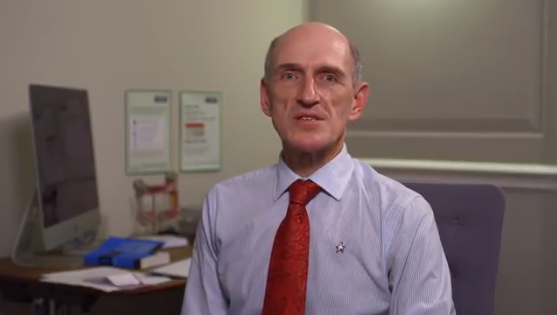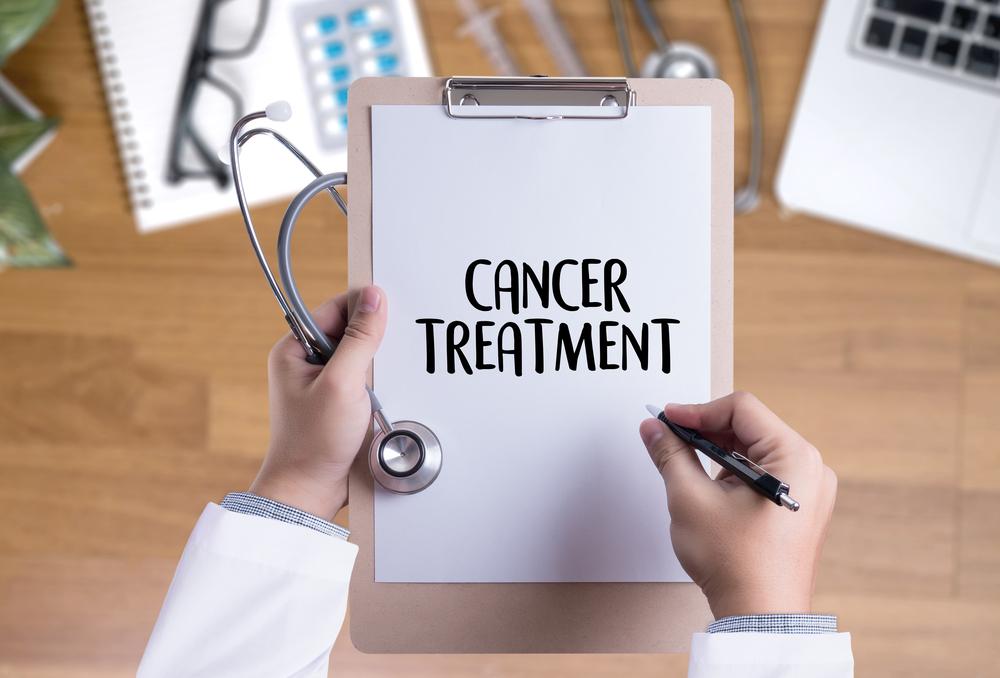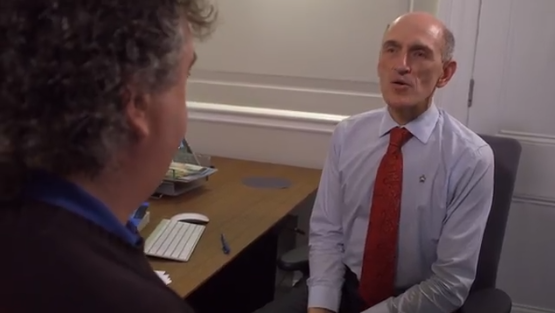How Bowel Cancer Can Affect You
It can be very difficult coping with a diagnosis of bowel cancer, both practically and emotionally. At first, you are likely to feel very upset, frightened and confused. Or you may feel that things are out of your control.
It is very important to get the right information about your type of cancer and how it is best treated. People who are well informed about their illness and treatment are better able to make decisions and cope with what happens.
Many people survive bowel cancer. But treatment can be hard and it takes time to fully recover. You may have side effects that generally improve over the weeks and months after treatment. But for some these may be long lasting.
Coping practically with bowel cancer
As well as coping with the fear and anxiety that a diagnosis of bowel cancer brings, you may also have to work out how to manage practically. There may be money matters to sort out. You may need information about financial support, such as:
- Benefits;
- Sick pay; and
- Grants
Asking for help
Just try to remember that you don't have to sort everything out at once. It may take some time to deal with each issue. Do ask for help if you need it. Your doctor or specialist nurse will know who you can contact for help. They can put you in touch with people specially trained in supporting those with cancer. These people are there to help so do use them if you feel you need to.
Staff can support you
You may need access to support staff, such as a stoma nurse or dietitian. Social workers can help you with information about your entitlement to sick pay and benefits. If you live alone, a social worker may be able to help by organising convalescence when you first come out of hospital.
What to expect after a bowel cancer diagnosis
How bowel cancer can affect you physically
Bowel cancer and its treatment may cause physical changes in your body. These changes can be very difficult to cope with and may affect the way you feel about yourself.
Surgery for bowel cancer may cause scarring. It can be especially difficult if you need to have a colostomy or ileostomy. You will then need support to help you learn how to deal with it. These body changes can affect your self esteem and the way you relate to other people, especially close family and friends.After bowel surgery or radiotherapy you may have loose stools or diarrhoea for some time. Diarrhoea is more likely if you have had a large part of your bowel removed. You may also have diarrhoea alternating with constipation. Your doctor or specialist nurse can advise you on managing any changes in your bowel habits. If you are in a sexual relationship, one or all of these changes may affect your sex life.
In the section ‘Physical effects and sexuality’ there is information about:
- Coping with a stoma;
- Diarrhoea; and
- How bowel cancer can affect your sex life.
You may find that you need to change your diet to help your bowel work as normally as possible.
- See ‘Diet and nutrition after bowel cancer’, later in this booklet.
Another problem you may have to cope with is feeling very tired and lacking in energy a lot of the time, especially for a while after treatment or if your cancer is advanced.
- The ‘Fatigue’ section has more information.
Bowel cancer treatment options
‘Surgical oncology’
Treating cancer with surgery is known as ‘surgical oncology’. Some types of cancer can be treated with surgery. This involves cutting away malignant tissue. Your doctor may recommend surgery for a number of reasons:
- Confirming a diagnosis;
- Removing a tumour;
- Staging (judging the size and extent of the cancer);
- Reconstructing a part of the body; and
- Palliative surgery to relieve symptoms.
You may have surgery before or after other cancer treatments such as:
- Chemotherapy; or
- Radiotherapy
Different cancers may respond to different types of treatment and your treatment plan will be designed specifically for you.
Eight cancer centres
There are eight ‘designated cancer centres’ in Ireland that provide surgery and multidisciplinary care for cancers. These centres should give you quick access to high quality diagnosis and treatment. In general, you will be referred for care to the designated cancer centre closest to your home.
Some of your cancer care will be provided in a wider number of acute hospitals, for example:
- X-rays;
- CT scans;
- Blood tests;
- Chemotherapy; and
- Palliative care.
St Vincent's University Hospital has some helpful information and videos on their website about treatment.
Radiotherapy
If you have bowel cancer you may receive radiotherapy:
- To destroy a tumour;
- To control symptoms, like pain;
- Before surgery to shrink your tumour so it is easier to remove; or
- After surgery, to destroy any small amounts of tumour that may be left.
In recent years there have been significant developments in clinical research and improvements in radiotherapy equipment which allow for more accurate treatment and less damage to non-cancerous cells. These new technologies enable patients to receive more accurate and precise treatment, frequently over a shorter time period.
These developments include:
- Intensity-modulated radiotherapy (IMRT);
- Image guided radiotherapy (IGRT); and
- Stereotactic radiotherapy.
Brachytherapy is a specific type of internal radiotherapy in which the radioactive material is placed directly into or near a tumour using a special needle, wire or catheter.
All radiotherapy centres in Ireland offer external beam radiotherapy and brachytherapy. Intensity modulated and image guided radiotherapy is available for specific tumour types in all centres.
Biological therapy
Many patients who are diagnosed with bowel cancer will need some treatment with cancer drugs. Treatment with cancer drugs is usually led by a doctor known as a medical oncologist.
There are four main types of treatment with cancer drugs which together are often known as ‘systemic therapy’.
Chemotherapy
Chemotherapy drugs slow the process of cancer cells growing or multiplying. They are also sometimes called ‘cytotoxic drugs’. You may receive chemotherapy as a tablet that you swallow, or by injection.
For more information on bowel cancer & bowel cancer treatment - click here.

















































































































